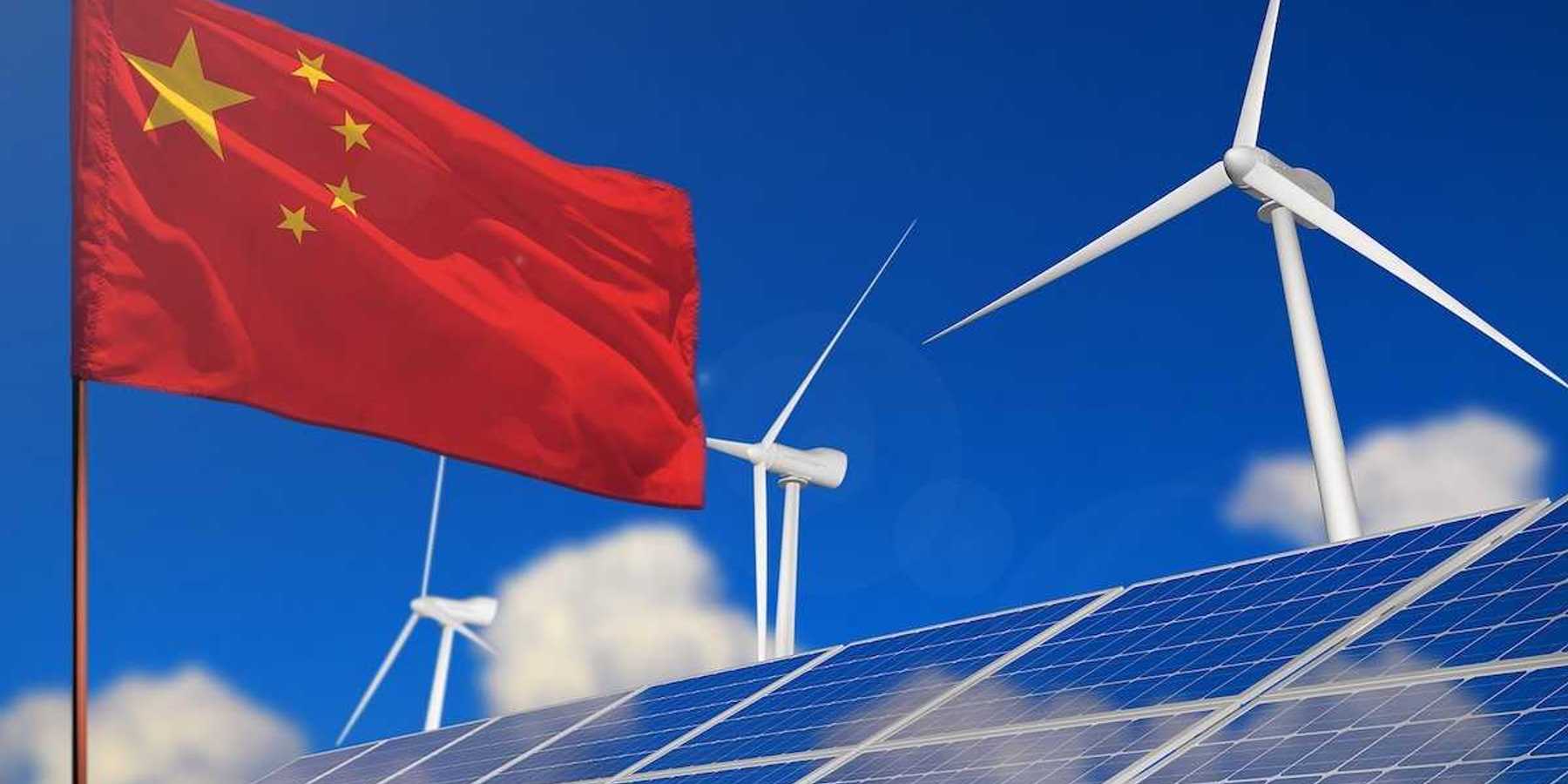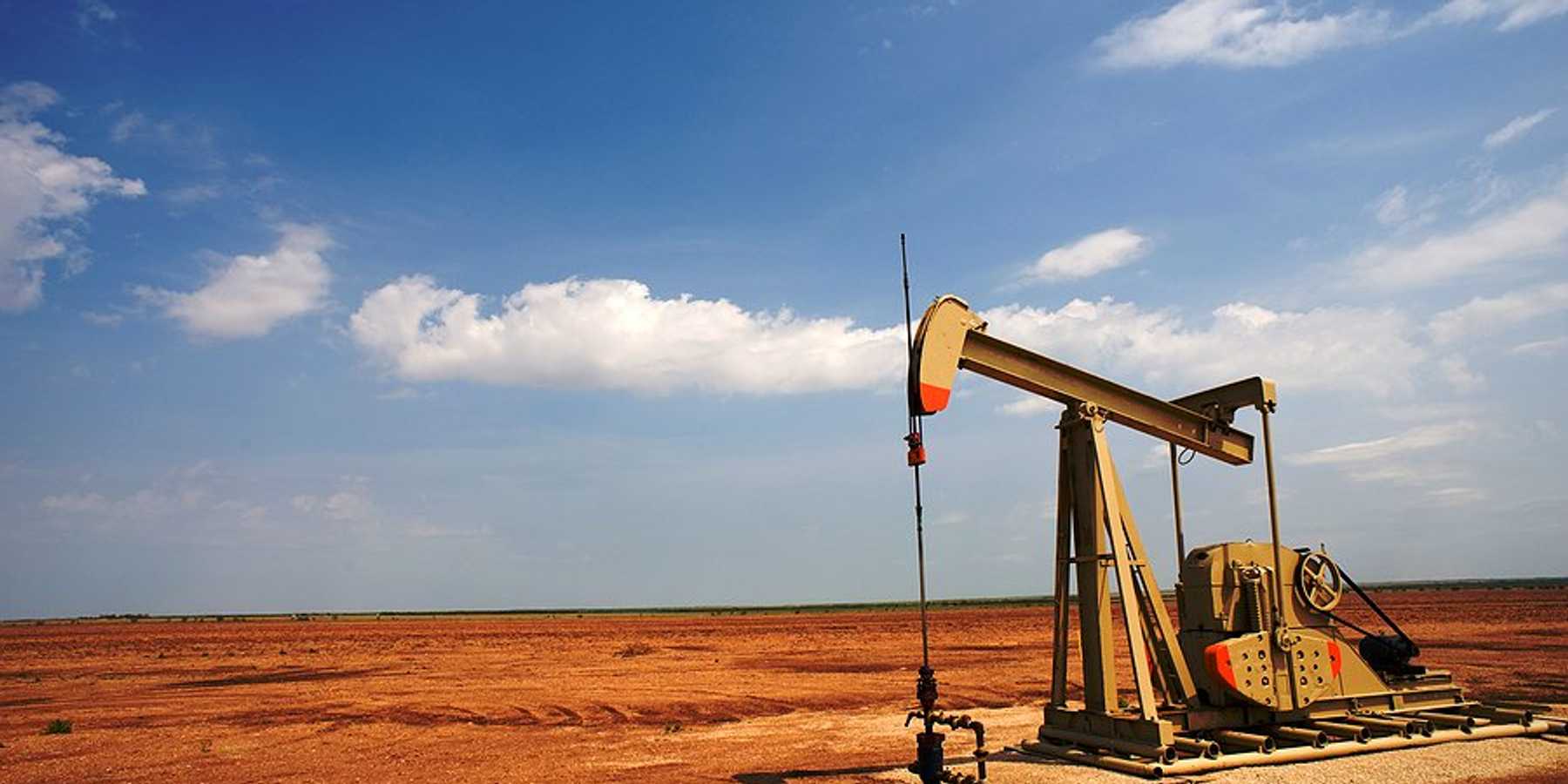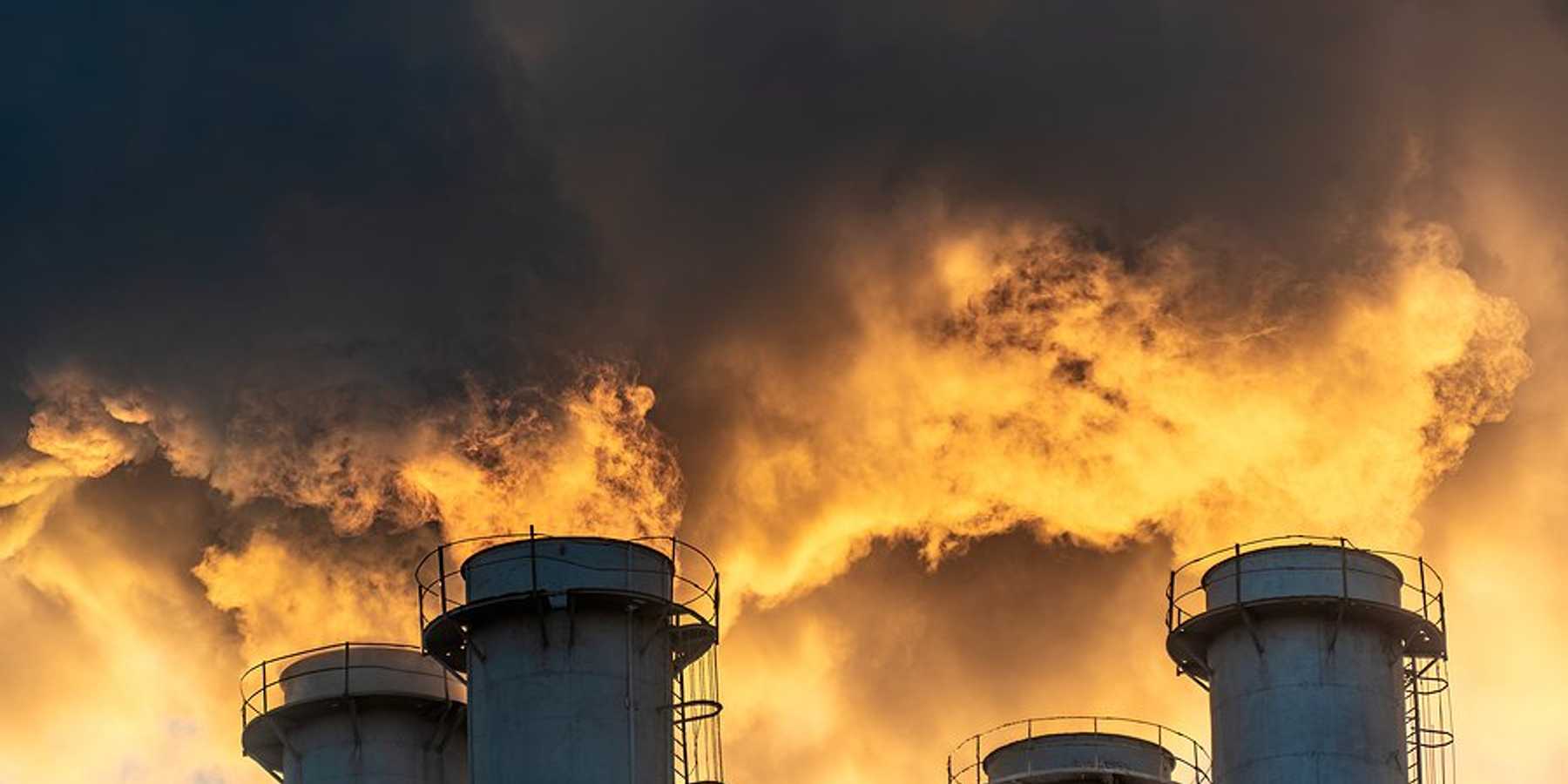
Trump administration faces global backlash over deep-sea mining push
The Trump administration’s plan to unilaterally mine battery metals from the deep ocean floor has drawn strong criticism at recent United Nations talks, with U.S. allies siding with China against the move.
Clare Fieseler reports for Canary Media.
In short:
- President Trump’s April executive order directed the National Oceanic and Atmospheric Administration to fast-track permits for deep-sea mining, including in international waters, using a decades-old U.S. law not recognized by most other nations.
- At UN negotiations in Jamaica last month, multiple countries — including U.S. allies — condemned the plan as illegal and warned it violates the principle that the international seabed is the shared heritage of humanity.
- Legal and scientific experts question both the economic viability of deep-sea mining and its environmental impacts, while leading EV and tech companies have pledged not to use seabed-sourced minerals without a global agreement.
Key quote:
“The ocean is not there to affirm the leadership of a single country at the expense of all others and the multilateral process.”
— Olivier Poivre d’Arvor, France’s special envoy of the president for the ocean and poles
Why this matters:
Mining the deep ocean for metals poses major risks to fragile ecosystems that science has only begun to understand. These seabed habitats — home to slow-growing corals, unique microorganisms, and species found nowhere else — could take centuries to recover from disturbance, if they recover at all. The push to extract cobalt, nickel, and other metals used in batteries pits clean-energy demands against ocean conservation. International rules were designed to protect shared resources like the high seas, and efforts to bypass those frameworks raise both environmental and geopolitical concerns.
Learn more: Costa Rica pushes global ocean protections and deep sea mining moratorium













